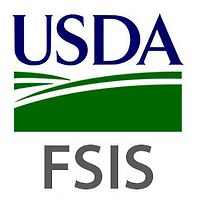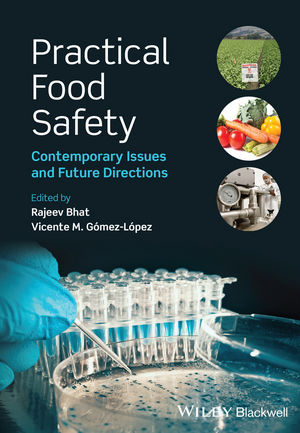USDA Announces New Comprehensive Efforts to Reduce Salmonella Illnesses Linked to Poultry

The U.S. Department of Agriculture's (USDA) Food Safety and Inspection Service (FSIS) has revealed that it will be mounting a stronger and more comprehensive effort to reduce Salmonella illnesses associated with poultry products. USDA is starting several key activities to gather information and data necessary to support future action, with the goal of moving closer to the national target of a 25 percent reduction in Salmonella illnesses.
Chicago-based STOP Foodborne Illness, the national public health nonprofit, was instrumental in driving the agency’s action and developing a coalition of organizations and advocates that petitioned the government to take action.
More than 1 million consumers contract Salmonella annually, and it is estimated that over 23 percent of those are due to consumption of chicken and turkey.
Actions that USDA plan on undertaking include seeking stakeholder feedback on specific Salmonella control and measurement strategies, including pilot projects, in poultry slaughter and processing establishments. Key to this approach will be encouraging preharvest controls to reduce Salmonella contamination coming into the slaughterhouse. The data generated from these pilots will be used to determine if a different approach could result in a reduction of Salmonella illness in consumers.
Due to this, USDA will be able to leverage its research capabilities and strengthen FSIS' partnership with the Research, Education and Economics mission area to address data gaps and develop new laboratory methods to guide future Salmonella policy. In the meantime, the National Advisory Committee for Microbiological Criteria in Foods, an independent federal advisory committee, will advise on how FSIS can build on the latest science to improve its approach to Salmonella control. The quantity of bacteria, as well as the presence or absence of Salmonella, can impact the likelihood of illness, so FSIS will examine how quantification can be incorporated into this approach. In addition, with emerging science suggesting that not all Salmonella are equally likely to cause human illness, FSIS will focus on the Salmonella serotypes and the virulence factors that pose the greatest risk to public health.
The new initiatives will be under the supervision of USDA Deputy Under Secretary Sandra Eskin, who said, “Reducing Salmonella infections attributable to poultry is one of the department’s top priorities. Time has shown that our current policies are not moving us closer to our public health goal. It’s time to rethink our approach.”
Going forward, this initiative will require collaboration and ongoing dialogue with stakeholders—industry, consumer groups, and researchers alike. USDA looks forward to working closely with stakeholders on informing and implementing key activities of this framework in the very near future.
Related: Poultry Companies Join with Consumer Groups to Demand Updated Poultry Food Safety Standards
Looking for a reprint of this article?
From high-res PDFs to custom plaques, order your copy today!







